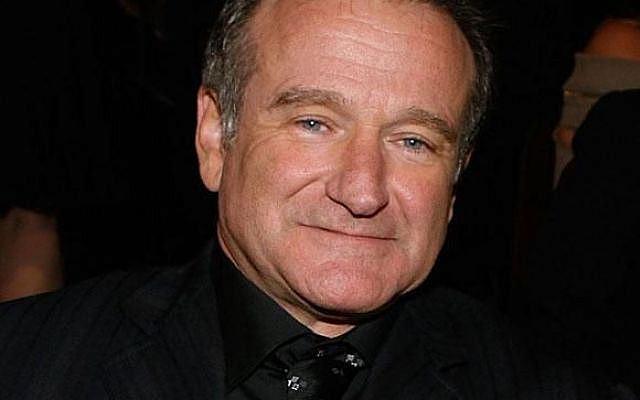Three deaths from past year that spotlight ongoing health problems

This is RIP montage season.
The New York Times Magazine has “The Lives They Lived” issue. Soon the Oscars will feature its annual film of those from the entertainment industry who have died in the previous year.
And bloggers everywhere are putting together lists and tributes. Here are three deaths from the past year that are worth noting as reminders of the larger topics that should be top of mind for health writers.
Frankie Knuckles’ death from diabetes. Nobody should die at age 59. And nobody should die from diabetes at any age. Knuckles was a music pioneer credited with starting the house music scene in the late 1970s. (When Barack Obama was in the Illinois Senate, he helped dedicate a day to him. And Chicago named a street after him.) We know that some people are born with diabetes, and we can identify it and treat it from an early age. Other people appear to be born more genetically predisposed to developing it. And for the rest of us, we know the main things that can lead to it: a bad diet, alcohol abuse, lack of physical activity, and obesity. We know more than ever before about preventing the onset of the disease, when possible, and managing it once it does develop.
So we should be in a position to stop it in its tracks. Yet diabetes kills more people globally every year, and the death toll is rising faster than most other major diseases. Between 1990 and 2010, deaths from diabetes around the world rose by 95 percent, claiming 1.3 million lives. By contrast, ischemic heart disease – the world’s top killer – grew by only 35 percent, and stroke – number two – by 27 percent. Diabetes rose in the ranks from the 15th most significant cause of death to the 9th and is on pace to keep climbing. Knuckles himself wrote about some of his health problems in an online forum for the magazine Resident Advisor.
Robin Williams’ suicide. Perhaps the death that generated the most ink this year was the suicide of one of the greatest comedians to ever practice the craft. How could someone who made so many people laugh find himself feeling so hopeless? Because we can only know so much about what drove Williams to kill himself, we are left to speculate. Much of the speculation in the press was quite productive because it brought a closer examination of major depressive disorder, anxiety, bipolar disorder, and the range of mental health conditions that can lead to suicide. Not everyone agrees with me, though, and it’s worth reading this thought-provoking piece by Anne Cooke, Angela Gilchrist and John McGowan from the Salomons Centre for Applied Psychology at Canterbury Christ Church University in The Guardian. They wrote:
Thinking of yourself as mentally ill might well be a huge blow to your self-confidence. You might conclude that there is little you can do to help yourself except to keep taking the tablets. You might even worry that you are genetically inferior in some way. Mental illness still has many negative associations in the public mind. This can lead to what psychologist Rufus May has described as ‘us and them’ thinking – the idea that there are two groups of people in the world: those of us who are well, and those who are mentally ill and therefore different in some way.
Joan Rivers’ death from medical errors. Rivers’ longtime husband Edgar committed suicide in 1987. The comic joked about it, as she joked about everything. She especially loved joking about cosmetic surgery, telling The New York Times, “I've had so much plastic surgery, when I die, they will donate my body to Tupperware.” Instead, her body became the subject of a federal investigation when she died in the operating room at a clinic. Her death underscores that medical mistakes and shortcuts that can have fatal consequences are far too common. Lauren Raab at The Los Angeles Times wrote about the investigation into her death. Here’s what the report found:
- Yorkville Endoscopy in New York City failed to make sure that Rivers had provided informed consent for all of the procedures performed on her.
- A doctor with no privileges at the clinic performed procedures on Rivers.
- A clinic employee took a cellphone picture of Rivers while she was under sedation.
- Everyone involved failed to notice when her blood oxygen dropped below normal.
- And the clinic did not accurately record how much of the sedative propofol was given to Rivers
You may recall the role propofol played in the death of Michael Jackson. So far, no one has been held fully accountable for Rivers’ death. The doctor who allegedly was operating on Rivers when she started to go into cardiac arrest was her personal physician, Dr. Gwen Korovin, who has denied many of the allegations made on CNN and elsewhere about her role in Rivers’ death.
When we lose someone we admire, one of the ways we can honor them is to work to save others from their fate. Each of these deaths is a reminder that much needs to be done when it comes to solving the complex problems of diabetes, medical errors, and the interplay between mental health and suicide.
Photo by Hot Gossip Italia via Flickr.

